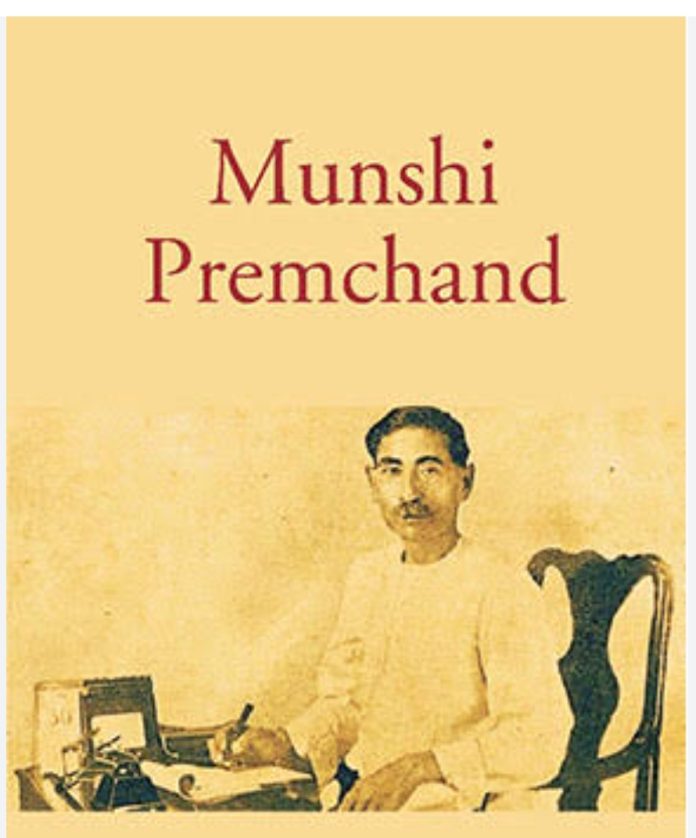New Delhi – On the occasion of the 145th birth anniversary of celebrated Hindi-Urdu writer Munshi Premchand, writers and scholars across India have come together to revisit his enduring legacy of social justice, secularism, and inclusivity. Born on July 31, 1880, in Lamhi village near Varanasi, Premchand—originally Dhanpat Rai Srivastava—began his literary journey in Urdu under the pen name Nawab Rai and later rose to prominence in Hindi literature.
Premchand’s writings stood out for their deep engagement with social issues—poverty, caste discrimination, and communal harmony—at a time when Hindi literature largely revolved around fantastical tales and royal histories. His early collection of Urdu stories Soz-e-Watan (1910) was banned and burnt by the British for promoting patriotic sentiments, and he was forced to sign a bond promising not to publish without government approval.
Despite these restrictions, Premchand’s resolve only grew stronger. He moved into Hindi literature and used simple, heartfelt language to address complex themes of human suffering and inequality. He seamlessly blended words from Persian, Arabic, Sanskrit, and English, transcending linguistic and cultural boundaries.
What sets Premchand apart is his progressive and empathetic view of Islam, particularly during a time when communal sentiments were being stoked for political gain. He wrote passionately about Islam’s message of equality, noting that it removed distinctions of caste and class. In his writings, he emphasized that Muslims of any background could pray together in the same row and dine at the same table, united in faith and dignity.
Premchand categorically rejected the colonial-era propaganda and communal narratives that depicted Islam as spread by violence. In a November 1931 article, he asserted that no religion, including Islam, could thrive through coercion. He linked the spread of Islam in India to the oppressive caste system, arguing that many from the lower castes embraced Islam as a path to social liberation.
According to Premchand, Islam played a vital role in uplifting India’s oppressed and marginalized communities. He stressed that its appeal lay in its principles of justice and human equality, not force.
Premchand also strongly countered the growing divide between Hindus and Muslims, calling attention to their shared cultural practices and historical unity. Citing historian K.M. Habib, he pointed out that medieval wars were not simply religious conflicts; alliances often crossed communal lines. For example, Afghans supported Hindu ruler Rai Pithora, while Marathas allied with Muslims during the Battle of Panipat. He reminded readers of the 1857 War of Independence, where Hindus and Muslims united under Bahadur Shah Zafar.
Premchand was also a vocal advocate for Urdu, insisting it was a shared language shaped by both Hindus and Muslims. He condemned politicized attacks on Muslims, including the exploitation of cow slaughter issues for communal polarization. He urged religious tolerance and mutual respect for sacred beliefs and figures across communities.
Importantly, he warned against viewing Indian history solely through a political-religious lens, urging recognition of the country’s diverse social and economic realities. He spoke of India not just as a land of Hindus and Muslims, but also as home to Jains, Christians, Buddhists, Parsis, Tamils, Dravidians, and tribal communities whose distinct identities were often overlooked.
Premchand’s legacy, now being revisited and celebrated, offers a model of inclusive and secular thought. He remains a towering figure in Indian literature not just for his storytelling, but for his fearless critique of social injustice and communal hatred.
Inputs for this article have been taken from the original piece published in the Urdu daily The Inquilab, authored by Abhay Kumar.




